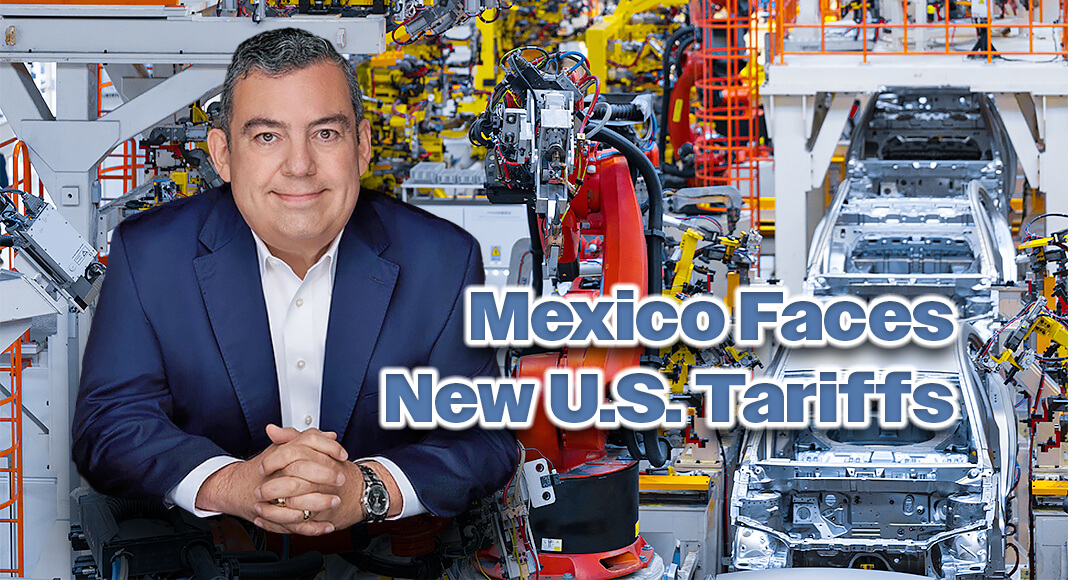
Texas Border Business
By Roberto Hugo González
According to recent statements by Secretary of Economy Marcelo Ebrard, Mexico has entered a critical phase in defending its automotive industry and steel and aluminum sectors. Over the next 40 days, the government will seek to secure favorable trade conditions amid an increasingly protectionist international environment marked by the imposition of new tariffs by the United States.
This renegotiation process occurs within a new global trade order driven by the Trump administration based on reciprocal tariff measures. Although Mexico managed to preserve a 0% tariff rate for products that comply with the rules of origin under the United States-Mexico-Canada Agreement (USMCA), the deal still leaves significant gaps. In particular, the automotive sector faces a 25% tariff on finished vehicles whose content is not predominantly American. Meanwhile, auto parts remain exempt for now but are under ongoing review.
In light of this scenario, the private sector has begun taking strategic steps to adapt and respond to potential changes. Jorge Torres, president of Interlink Trade Services, a firm specializing in international trade operations, emphasized the importance of a comprehensive approach to tackling these challenges.
“We will collaborate with them to implement programs and procedures focused on continuous improvement to become more efficient, increase customs compliance, and reduce costs,” said Torres, stressing that the key lies in identifying opportunities and risks across all areas impacting foreign trade.
Interlink Trade Services has focused its efforts on offering solutions that respond to current trade policies and enable Mexican companies to anticipate and strengthen themselves for future scenarios. In this context, collaboration between the government and the private sector will be essential to protect the competitiveness of the country’s strategic industries.
“The countdown has begun, and Mexico is preparing for negotiations that could define the course of its main export sectors in the coming years,” Torres concluded.















